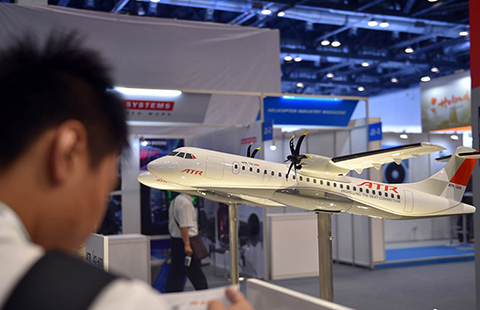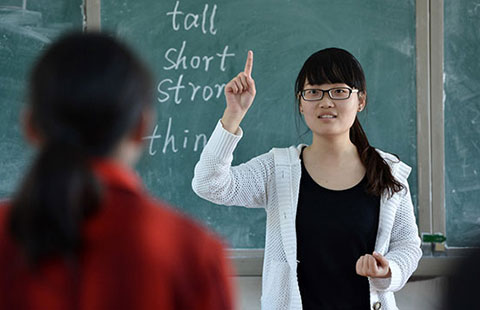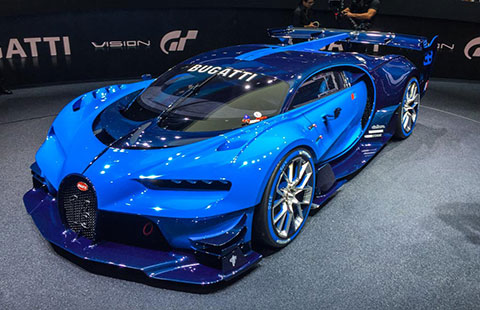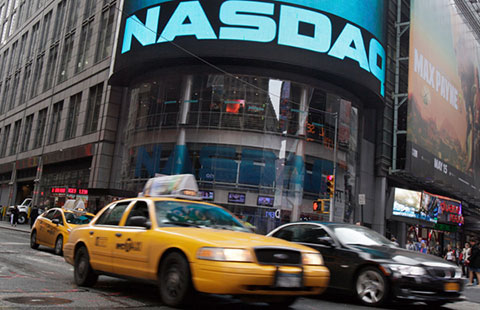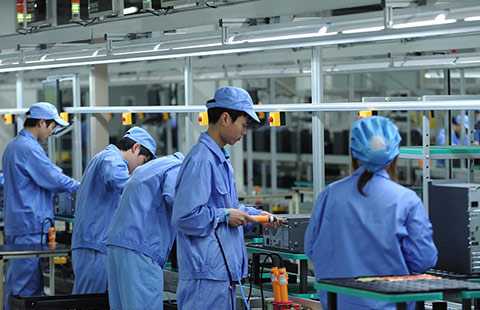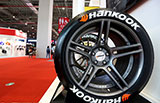Hyperloop line linking Beijing and Shanghai proposed
By Ma si and Gao Yuan (China Daily) Updated: 2015-09-17 07:43
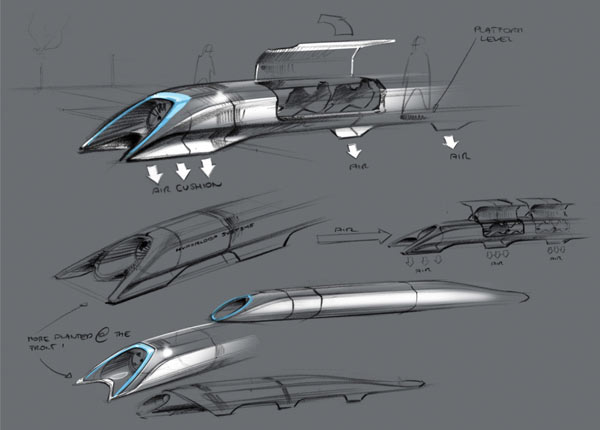 |
|
A sketch of US entrepreneur Elon Musk's proposed "Hyperloop" transport system is shown in this publicity image released to Reuters August 12, 2013 by Tesla Motors. [Photo/Agencies] |
Wang's major concern is about the safety of the capsules. "Some airplanes are capable of traveling at more than 1,000 km per hour. They don't do so, because it is dangerous. I don't think the hyperloop is technologically and economically feasible," Wang said.
China operates the world's longest high-speed railway network. The total operating mileage will be about 20,000 km by the end of this year. A typical high-speed train travels at around 300 km per hour.
Comments from the Ministry of Railways were not available on Wednesday.
The route from Beijing to Shanghai-each hosts at least 20 million residents-is one of the busiest in the world. Currently, every six minutes, a high-speed train sets out to connect the two cities but this still fails to catch up with the growing traffic demand.
According to Gresta, the company is also speaking with potential partners in India and Indonesia for possible cooperation. "In Indonesia, we are in advanced rounds of discussions," he said.
In February, the company announced a full-scale passenger version of the hyperloop in Quay Valley, California, with construction slated to begin in mid-2016. The company hopes the line will open for passengers in the third quarter of 2018. The average running speed on this line will be lower than 1,200 km per hour.
- SCO pledges 5-year plan for economic growth
- Keeping the flame alight at times of crisis
- Passengers willing to pay extra for preferred seats
- 16th Beijing International Aviation Expo kicks off
- Hyperloop line linking Beijing and Shanghai proposed
- COMAC to supply jets to Thailand carrier
- Chinese buyers still look abroad for property
- Xi to press the case for early BIT
